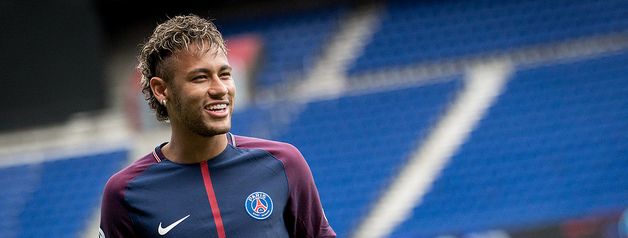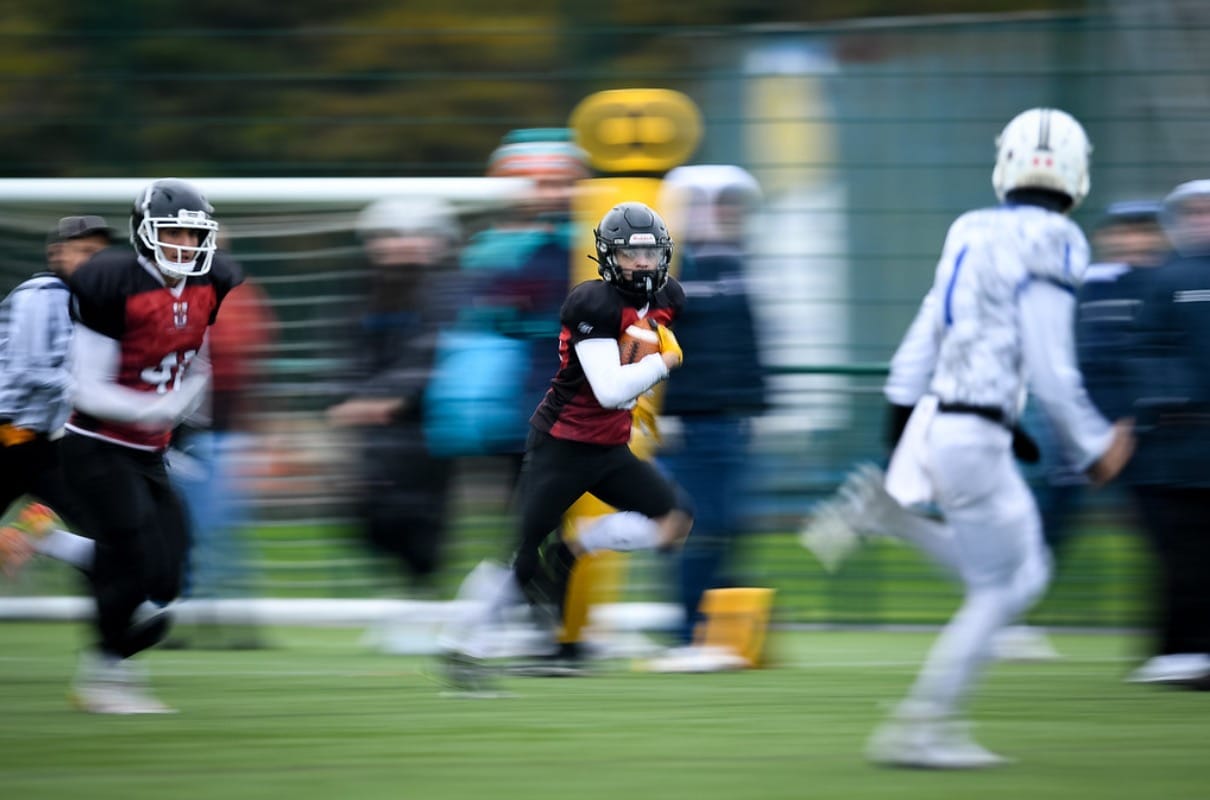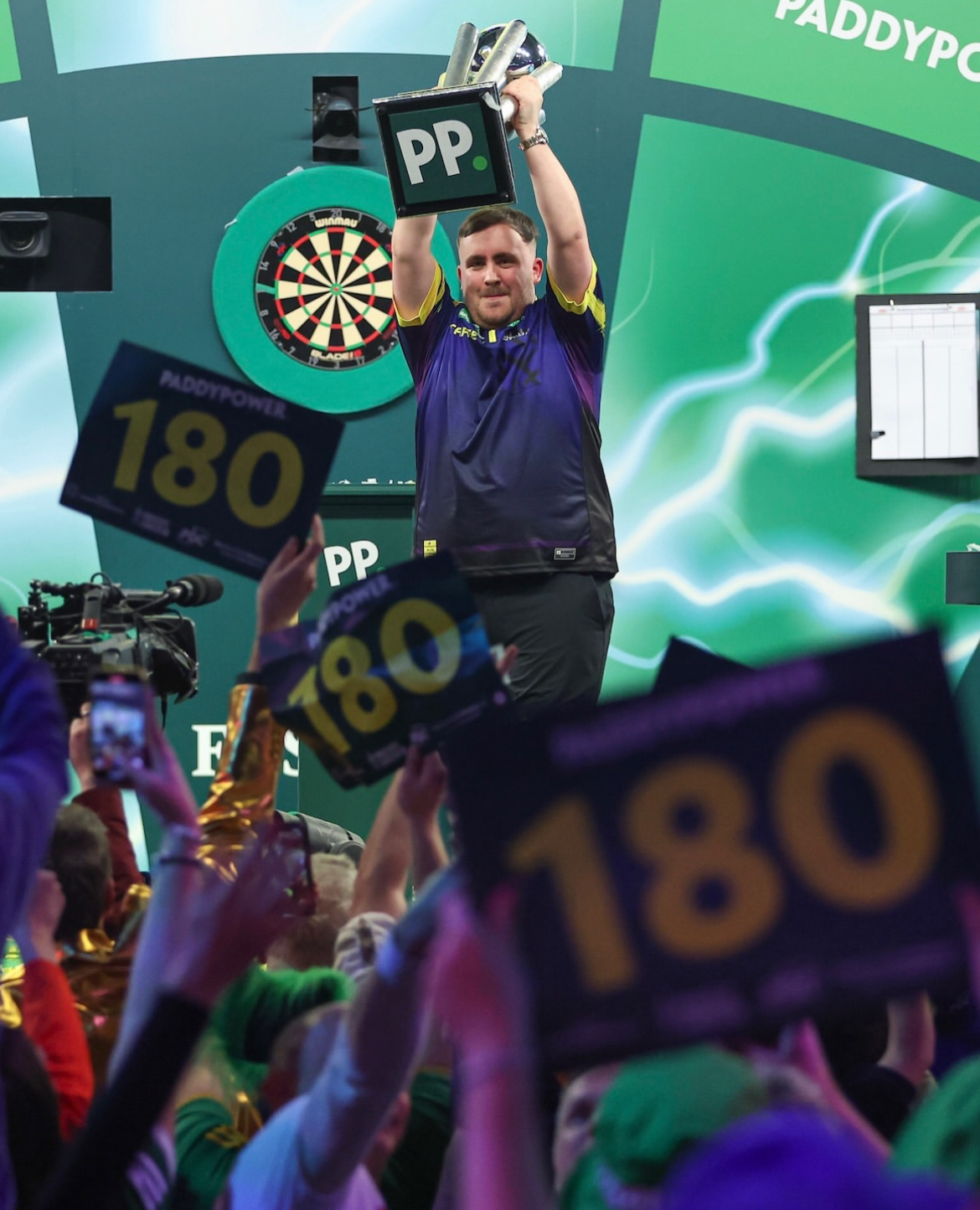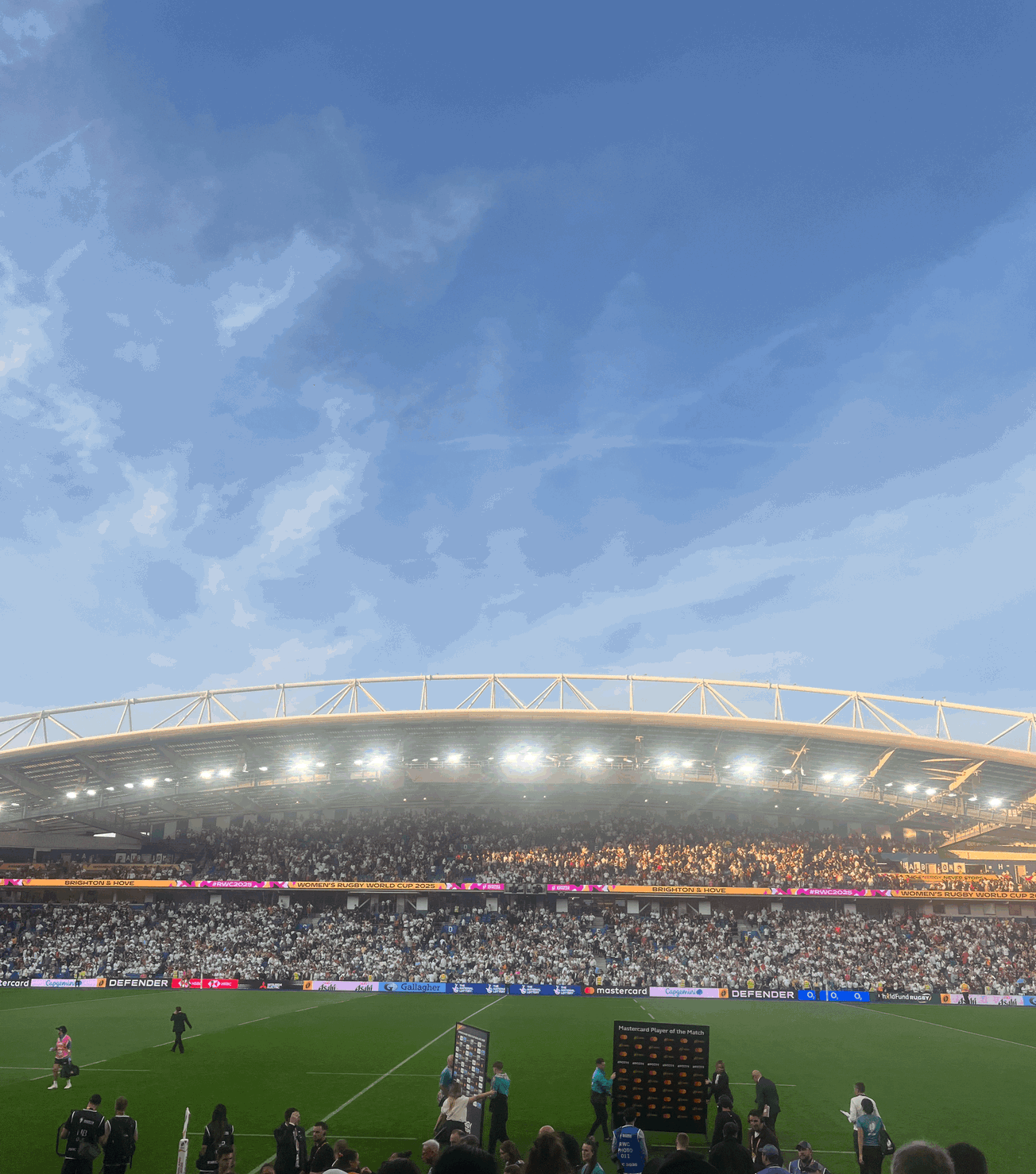By Henry Edwards, Sport Editor
In the words of the late, great Johan Cruyff: ‘Football is a game of mistakes. Whoever makes the fewest mistakes wins.’ This sentiment, to many, may paint an all too pessimistic picture of the beautiful game. We’d like to believe that football is decided by moments of magic from the star names: Ryan Giggs' mazy run and finish against Arsenal; Iniesta’s last-gasp winner versus Holland; Aguerooooo.
But football is as much – if not more – a game decided by errors, blunders or lapses in judgment as it is by transcendent skill. Chris Anderson and David Sally illustrate this concept in their book The Numbers Game: ‘Football is a weak-link game. Like the space shuttle, one small, malfunctioning part can cause a multimillion-pound disaster.’
For anyone who watches pundits speak, this point may seem obvious. Seen through a certain defensively minded perspective, all goals are scored due to some kind of mistake from the opposition. And yet football clubs, managers and fans alike seemingly continue to ignore the idea that upgrading your worst player is far more valuable than adding another superstar into the mix.
NEW: Stats show Karius is a 'keeper' but Alisson arrival a must for Liverpool. https://t.co/Z2eMfm5Z3q
— Anfield HQ (@AnfieldHQ) May 28, 2018
This last week we saw Liverpool triumph over big-spenders PSG in the Champions League. The match itself was a blatant showcase of one side that is clued up on this notion, and one side that is not. In their quest to win Europe’s biggest prize, PSG have splashed their cash around in the wrong places. A dazzling front three of Neymar, Mbappe and Cavani may help you batter a few sides in the French league, but good sides like Liverpool demonstrate that weaknesses around the field will be found out and exploited. PSG were forced to play centre-back Marquinhos in midfield, merely due to a lack of options in their squad. Inevitably, Klopp’s team dominated in that area.
Liverpool, contrastingly, have realised that upgrading or improving the weak-link is just as vital as throwing cash at a flashy forward. In the early stages of last year, the hapless defensive pairing of Lovren and Klavan leaked goals. Klopp brought in Van Dijk and Liverpool have conceded just twice in the five opening league games. Two costly Karius blunders handed Real Madrid the Champions League on a plate. Klopp brought in Brazilian number one Allison, a significant upgrade despite his inconsequential error versus Leicester. Anfield had not seen a half-decent left-back for around a decade before Klopp polished the diamond that is Andy Robertson.
Virgil van Dijk won 72.3% of all his duels in the 2017/18 Premier League season.
— FourFourTweet (@FourFourTweet) May 14, 2018
That's a higher % than any other player during the campaign [Opta] pic.twitter.com/Hcj1u3qTRA
Football’s transfer history is littered with examples of managers and owners getting blinded by the bright lights emitted from a superstar, and ignoring the problem positions in their teams. Think of Manchester United’s purchase of Alexis Sanchez last season. Signed because of his famous name, the move has stunted the development of both Rashford and Martial, while making United no more entertaining. Think of Real Madrid’s Galacticos era of the 2000s, in which they threw cash at heavyweights like Beckham, Figo and Ronaldo. Despite some very early success, no Champions League was forthcoming between 2002 and 2014.
Our eyes are all too readily drawn to beauty as opposed to ugliness. But anyone interested in football, or any team sport for that matter, who cannot see that the worst player on the pitch may be even more important than the best player in deciding the outcome of a match, is living in a rose-tinted fantasy.
As we’re all returning to – or joining – University, and once more taking part in the many team sports on offer here, remind yourself that you are playing in a ‘weak-link’ game. Make the new members and the rookies of your squads feel welcome and comfortable, for a player at ease will make far fewer mistakes. Mistakes matter more than the odd magic moment.
Featured image by Flickr / Antoine Dellenbach









